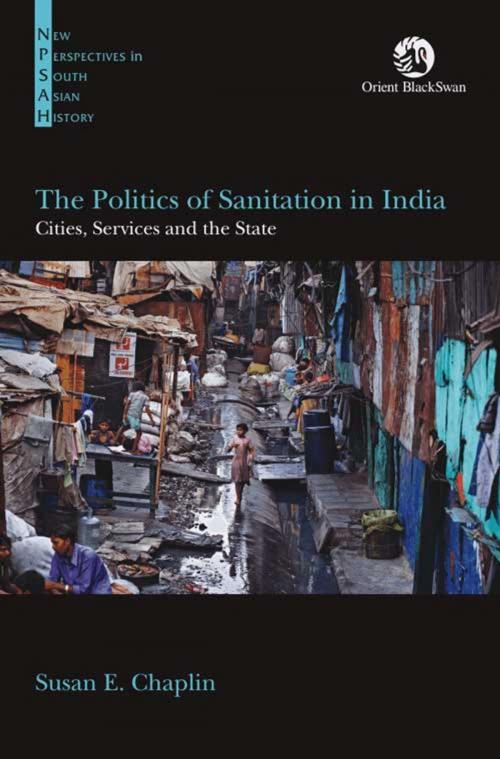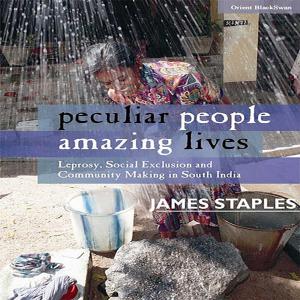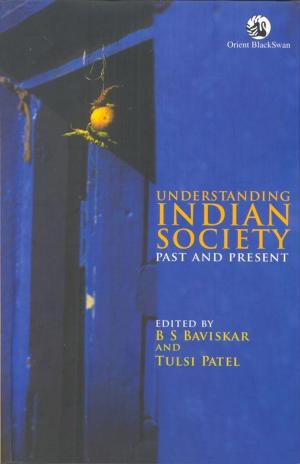The Politics of Sanitation in India: Cities, Services and the State (1 Edition)
Nonfiction, Social & Cultural Studies, Political Science, Government, Public Policy| Author: | Susan E. Chaplin | ISBN: | 9788125053487 |
| Publisher: | Orient Blackswan Private Limited | Publication: | December 15, 2009 |
| Imprint: | Language: | English |
| Author: | Susan E. Chaplin |
| ISBN: | 9788125053487 |
| Publisher: | Orient Blackswan Private Limited |
| Publication: | December 15, 2009 |
| Imprint: | |
| Language: | English |
The Politics of Sanitation in India examines how the environmental problems confronting Indian cities have arisen and subsequently forced millions of people to live in illegal settlements that lack adequate sanitation, and other basic urban services. This has occurred because of two factors. The first is the legacy of the colonial city characterised by inequitable access to sanitation services, a failure to manage urban growth and the proliferation of slums, and the inadequate funding of urban governments. The second is the nature of the post-colonial state, which, instead of being an instrument for socio-economic change, has been dominated by coalitions of interests accommodated by the use of public funds to provide private goods.The result is that the middle class has been able to monopolise what sanitation services the state has provided because the urban poor, despite their political participation, have not been able to exert sufficient pressure to force governments to effectively implement policies designed to improve their living conditions. The consequence is that public health and environmental policies have frequently become exercises in crisis intervention instead of being preventive measures which benefit the health and well-being of the whole urban population.These issues are explored by studying the history of colonial and post-independence urban development and management in Ahmedabad, Chennai, Delhi, Kolkata and Mumbai, and analysing why these cities have failed to provide equitable access to sanitation services for all residents.
The Politics of Sanitation in India examines how the environmental problems confronting Indian cities have arisen and subsequently forced millions of people to live in illegal settlements that lack adequate sanitation, and other basic urban services. This has occurred because of two factors. The first is the legacy of the colonial city characterised by inequitable access to sanitation services, a failure to manage urban growth and the proliferation of slums, and the inadequate funding of urban governments. The second is the nature of the post-colonial state, which, instead of being an instrument for socio-economic change, has been dominated by coalitions of interests accommodated by the use of public funds to provide private goods.The result is that the middle class has been able to monopolise what sanitation services the state has provided because the urban poor, despite their political participation, have not been able to exert sufficient pressure to force governments to effectively implement policies designed to improve their living conditions. The consequence is that public health and environmental policies have frequently become exercises in crisis intervention instead of being preventive measures which benefit the health and well-being of the whole urban population.These issues are explored by studying the history of colonial and post-independence urban development and management in Ahmedabad, Chennai, Delhi, Kolkata and Mumbai, and analysing why these cities have failed to provide equitable access to sanitation services for all residents.















